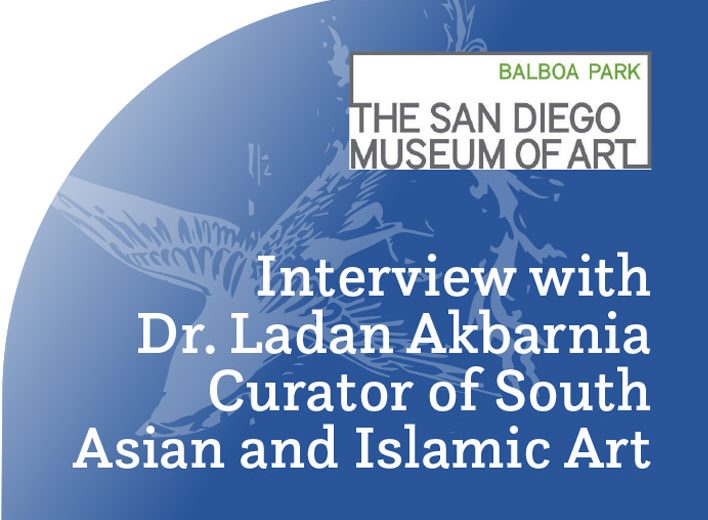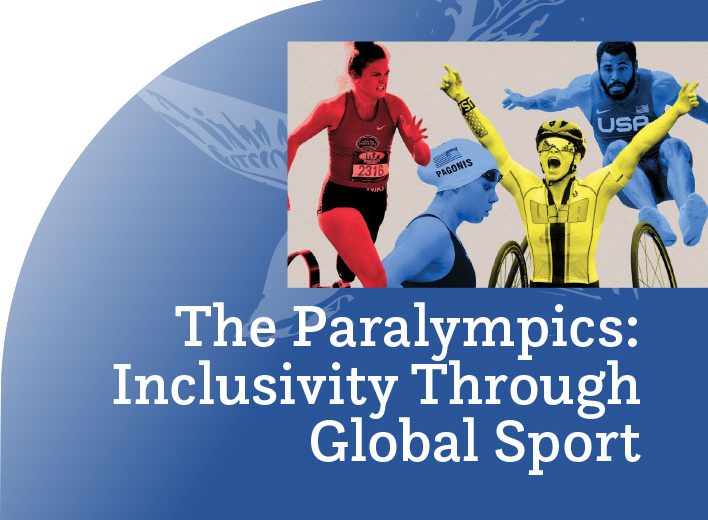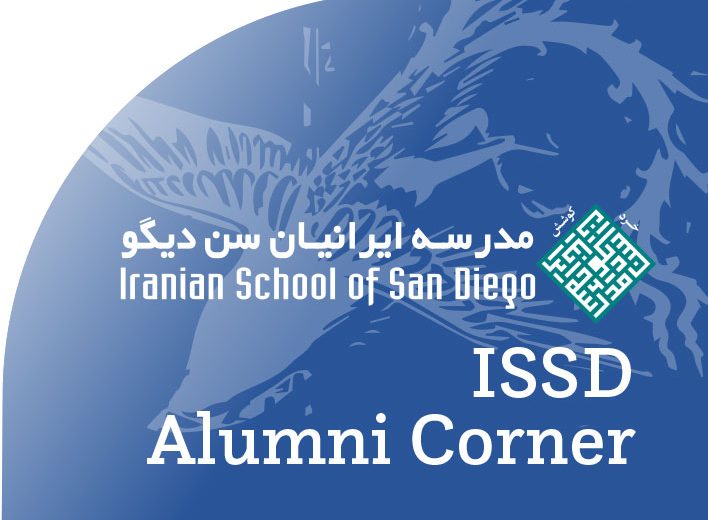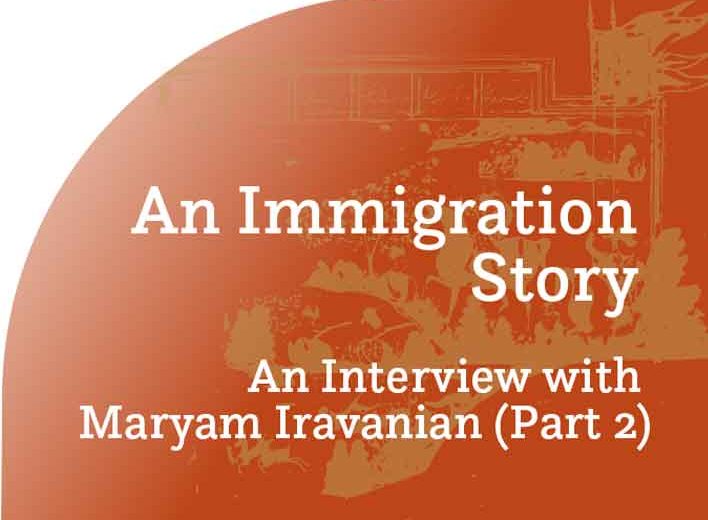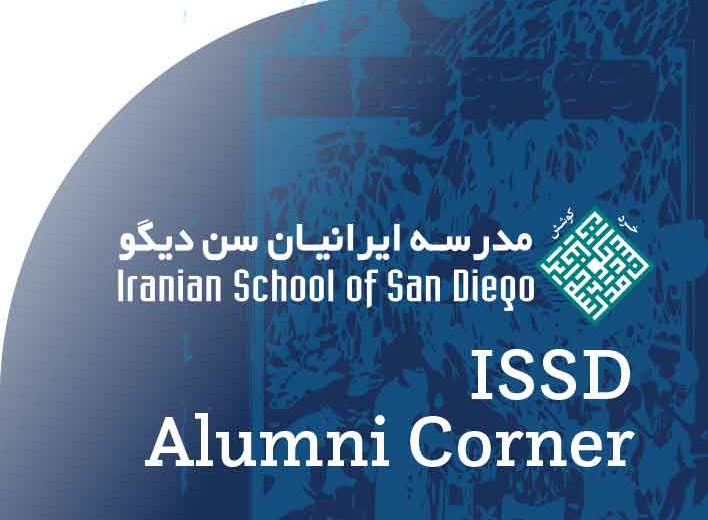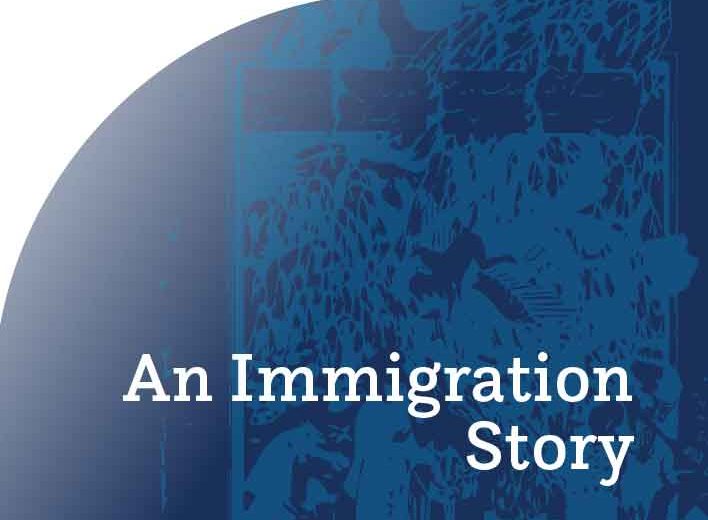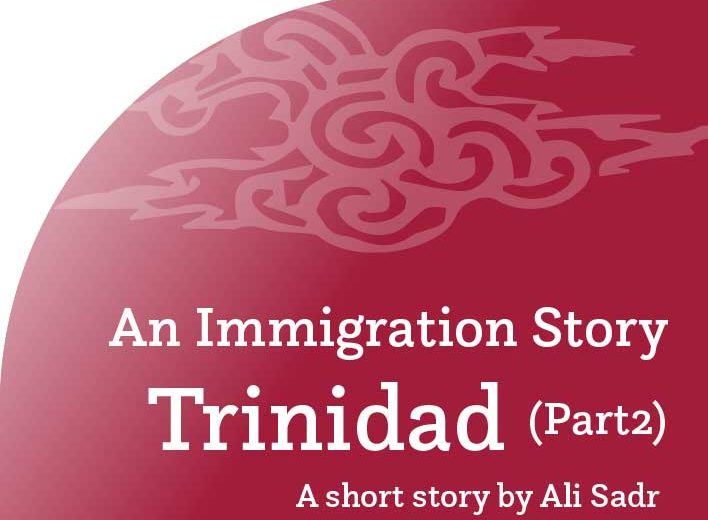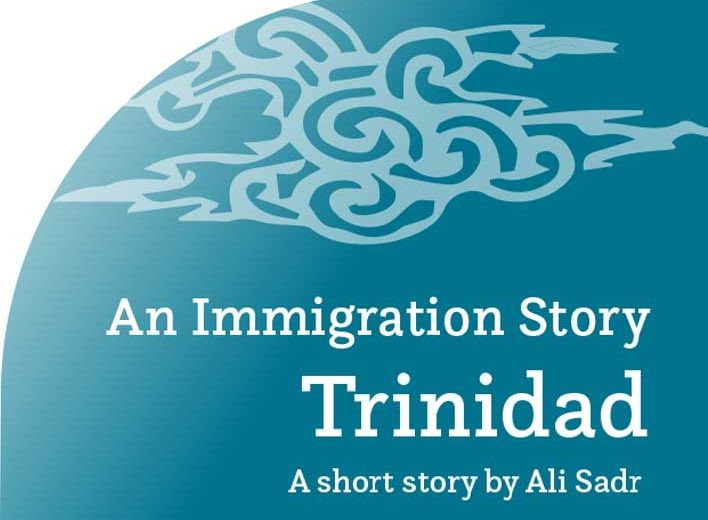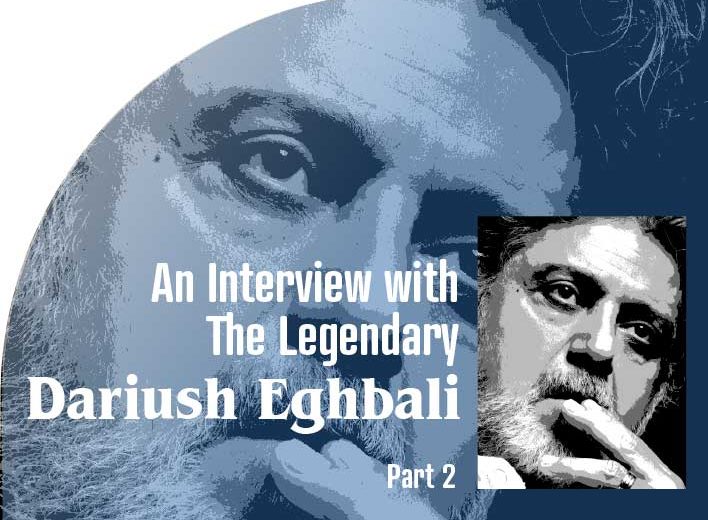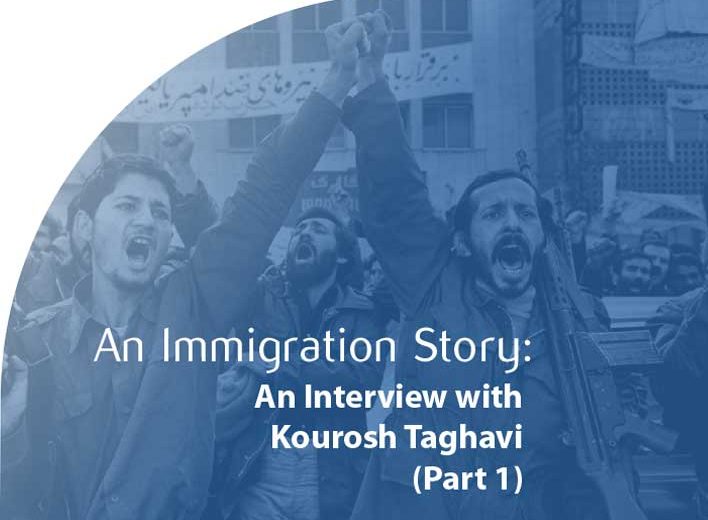An Immigration Story:
An Interview with Kourosh Taghavi (Part 3)
Leaving your homeland and residing in another—with a totally new culture, language, and set of laws and regulations—is very challenging and requires a lot of adaptation that, in most cases, is also very frustrating. But, looking back at those challenges many years later makes some of them look funny, some amazing, and some, of course, sad. The truth is, no matter how we feel about them, the challenges are, for sure, part of the history of immigration that needs to be documented for use by our grandchildren or simply by historians to picture the hardship that first-generation Iranians had to go through to meet those challenges.
Peyk kicked off this column in 2021 with Reza Khabazian’s story, with a goal to encourage our readers to start telling their stories so we can present a diverse documentary. Now that Mr. Khabazian has published his story, it is time for new stories and new voices. This is the third part of Kourosh Taghavi’s story.
In Peyk #203 (Jan-Feb 2023) and Peyk #206 (Jul-Aug 2023), we learned that Mr. Taghavi’s parents decided to send him out of the country via an illegal border crossing to protect his life and we learned how he made it through Turkey, Italy, and eventually to the U.S. In the final chapter of this immigration story, we learn about Mr. Taghavi’s experience in his new country.
——————————————————————————
Reza Khabazian (RK): Thank you once again for your time, Mr. Taghavi. When we last left off, you had made it to the U.S. after a harrowing journey. Once you made it to America, what kind of problems did you face settling in?
Kourosh Taghavi (KT): I think as an immigrant, one has many problems; some are more apparent than others perhaps. The first and most important one for me was the language barrier. As someone who really likes to talk and likes to express his opinions, I desperately wanted to speak the language really well. But that obviously took a long time so that struggle sometimes put a dent in my self-confidence and who I thought I was, or maybe who I wanted everybody to know I was.

To me, learning the language was not for the sake of conversations only. Very early on a thoughtful and kind ESL teacher of mine told me that “if you want everybody to listen to you and know you for who you really are, you must be able to relay to them what you actually think and how you actually feel. That requires you to have a good command of the language as well as the culture you are living in.”
Keep in mind that my knowledge of America—and American culture for that matter—was partially what I had heard from the propaganda machine of the Iranian regime, the books I had read, and American-made movies. Acquiring the knowledge that helps you understand and perhaps assimilate into the new culture was a necessity that I was lacking in my early years in the U.S.
Another struggle was the inaccurate perception of Iranian immigrants and Iranian culture by the non-Iranian communities at large. So, in a very melodramatic way, I had to break down my own prejudices and help other people break down their biases in order to reach an equilibrium where I could freely express myself and live with contentment. Bear in mind that I, as an 18 year old, did not have the knowledge of how real life unfolds and what necessary tools I should have required to survive a new society and a new life in a new culture.
RK: Do you remember a specific time when you were unable to communicate in the way you wanted to?
KT: Yes. In the ESL classes, we would be asked to pick a topic and give a speech in front of our classmates. I remember this instance very vividly when I tried so hard in front of other non-English-speaking classmates of mine to relay my thoughts and emotions as someone who had left his country to escape the war and political upheaval! I didn’t know enough English to relay exactly what I had in mind and how I felt to my classmates who, like me, were there to learn English as a second language and had limited or no knowledge of what has been going on in Iran. So, my speech was confusing to them and frustrating to me, who desperately wanted to draw a picture of my mind for my audience. I remember my English teacher later telling me that, like the rest of my classmates, I should pick much easier subjects to talk about until I could brush up on my English and my language skills.
What I’m trying to say is that every step of the way, my biggest concern was the fact that the most important aspect of my life—my identity—was either misunderstood or not recognized at all because I was not able to relay and communicate properly. That frustration continued for many years and was perhaps the source of many missteps that I took along the way. So in a nutshell, if I had to sum up the most important aspect of the first days/years of my arrival to the United States it would be my identity and how other people perceived it.
If I had to dig deep and tell you what really mattered to me during all those years—and, perhaps, now after almost 40 years of living in the U.S.—is the struggle to prove to myself and to the community at large that I’m an Iranian American with both identifying aspects of this concept as equal. Defining my new Iranian American identity and my belonging for myself and for society at large has been the most significant struggle in my journey to integrate into my new society.
I remember when I was growing up, hanging out with both my Iranian and American friends, I had heard this phrase many times from my Iranian friends that I was too “Americanized” and oddly enough at the same time my American friends perceived me as still being too Iranian! I think that was a confirmation for me that I was on the right path and both cultures were equally present and beating in me.
RK: Besides your communication skills and identity, did you face any other challenges?
KT: Of course, financial issues were incredibly burdensome in my daily life as someone who had to pay out-of-state tuition and work to make ends meet like many others who were in my shoes going through the same struggles in those days. This was another part of my challenging journey to establish myself as an equal in the new society. Keep in mind that all these burdens and difficulties have caused emotional and psychological distress that have stayed with me for many, many years—issues that one has to address and resolve with seeking help, thoughtfulness, and recognition from peers.
RK: As immigrants living outside our motherland, so many of us must have learned lessons in the U.S. that we did not have a chance to learn in Iran. What have you learned while living in America?
KT: I arrived in the U.S. on May 6, 1984, almost 40 years ago. So pretty much everything I know, everything I do, and how I go about my life has been developed here and I wouldn’t be exaggerating when I say that who I am today was mainly shaped by my experiences in the U.S. In the past almost four decades, I came across some incredible people, both Iranians and non-Iranians, who have become my closest friends and my mentors with whom I have shared values and emotions with a mutual understanding of the complexities of immigration.
Concepts that I had read about theoretically have become tangible issues that I learned from personal experiences. For example, If I had read about tolerance when I was a teenager back in Iran, I truly experienced it here with my non-Iranian and Iranian friends; if I had read about the fascinating concepts of rights and, specifically human rights, in my books that I loved so much as a teenager, I lived the very same Ideas here in my community.
The very fact that I have had the opportunity to know people from different parts of the world and all walks of life is an invaluable gift of living in the U.S. I remember and cherish the many nights that I spent with my diverse group of friends from all walks of life in my little apartment in Oakland, California, discussing many different issues compassionately that were so dear to us. I learned that I can adamantly and respectfully disagree with someone and still call them a friend and listen to their side of the story, the very concept of tolerance that I had learned in my books back home.
Another valuable lesson that I learned was during a discussion about civil liberties and the Civil Rights Movement in my sociology class. My professor pointed out that a common tool that the deniers of the movement had been using to shut down a counterargument from a non-native American was to suggest to them “to go back to where they came from if they don’t like it here.” He pointed out to us that one can love the country that they come from and the country that they live in, but still constructively criticize it for the sheer fact that they love their country. I guess what I’m trying to say is that my biggest takeaway is that progress is a process that we are all a part of regardless of our origins.
RK: Thank you so much for your time and dedication not only to this interview, but also for going into much detail about the lessons you learned as an immigrant. I hope all of us spend time, as you did, to at least bullet point the things we learned and ultimately to cherish our valuable experiences.


